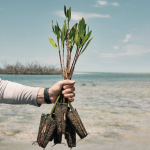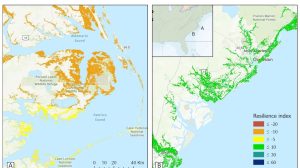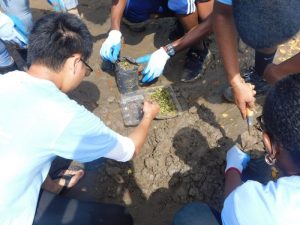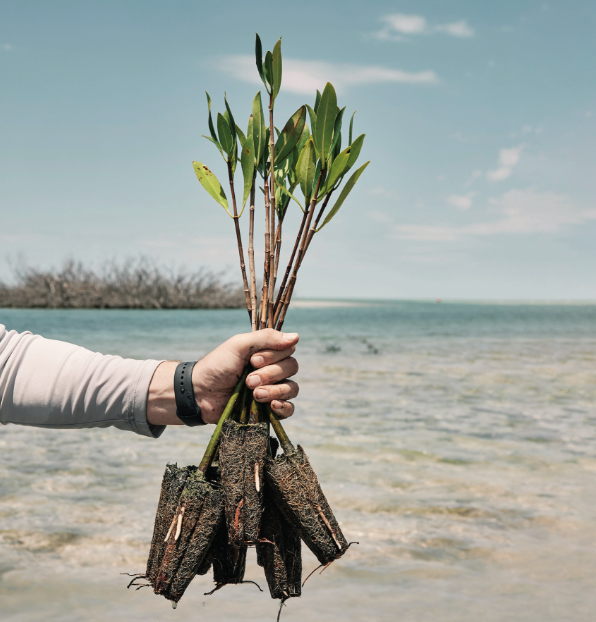Nature & NBSs Key for Climate Mitigation & Adaptation
Protecting nature could avert global economic losses by 2030 of US 2.7 trillion per year, according to Valerie Hickey, Global Director for Environment, Natural Resources and Blue Economy at the World Bank. In an interview with Emirates News Agency (WAM) at COP28 in Dubai, Hickey emphasized that low-income countries could suffer a 10 percent loss of GDP annually if ecosystems such as forests, fisheries, and pollinators collapse. The decline of nature exceeds its ability to regenerate, posing a threat to development gains, particularly in low-income countries. Hickey stressed that the impacts will be cataclysmic if no action is taken to address nature loss.
Hickey highlighted the World Banks approach to viewing nature as a solution, advocating for nature-based solutions (NBS) to protect biodiversity, support development, and help countries adapt to climate change. NBSs, such as mangrove restoration and sustainable fisheries, are crucial in the banks Blue Economy approach, which aims to integrate and sustainably utilize ocean resources while preserving ocean health.
NBSs also play a key role in addressing various challenges including food and water security, disaster risk, human health, and climate change. Hickey explained that the World Banks Climate Change Action Plan recognizes the importance of NBSs for achieving the goals of the Paris Agreement and building resilience to climate change. Research suggests that NBSs could provide around 37 percent of the cost-effective climate mitigation needed by 2030 to meet the objectives of the Paris Agreement.
The Global Director emphasized that NBSs offer a cost-effective approach to addressing climate change, while also tackling biodiversity loss and land degradation. By investing in nature-based solutions, countries can simultaneously achieve climate goals and protect biodiversity. Hickey underscored the critical role of mangrove restoration and improving the sustainability of fisheries and aquaculture in the Blue Economy approach of the World Bank. These solutions ensure the careful and sustainable use of ocean resources, promoting both human well-being and biodiversity benefits.
(source=zawya.com)





